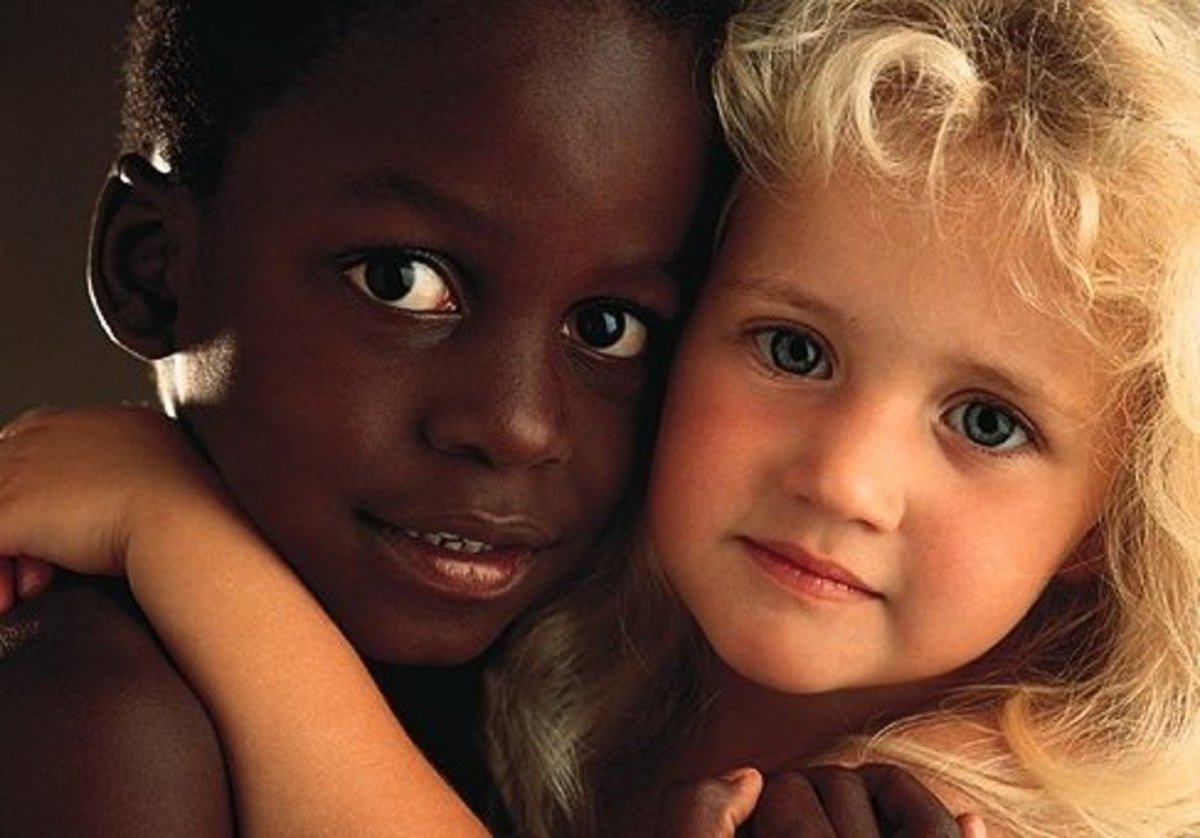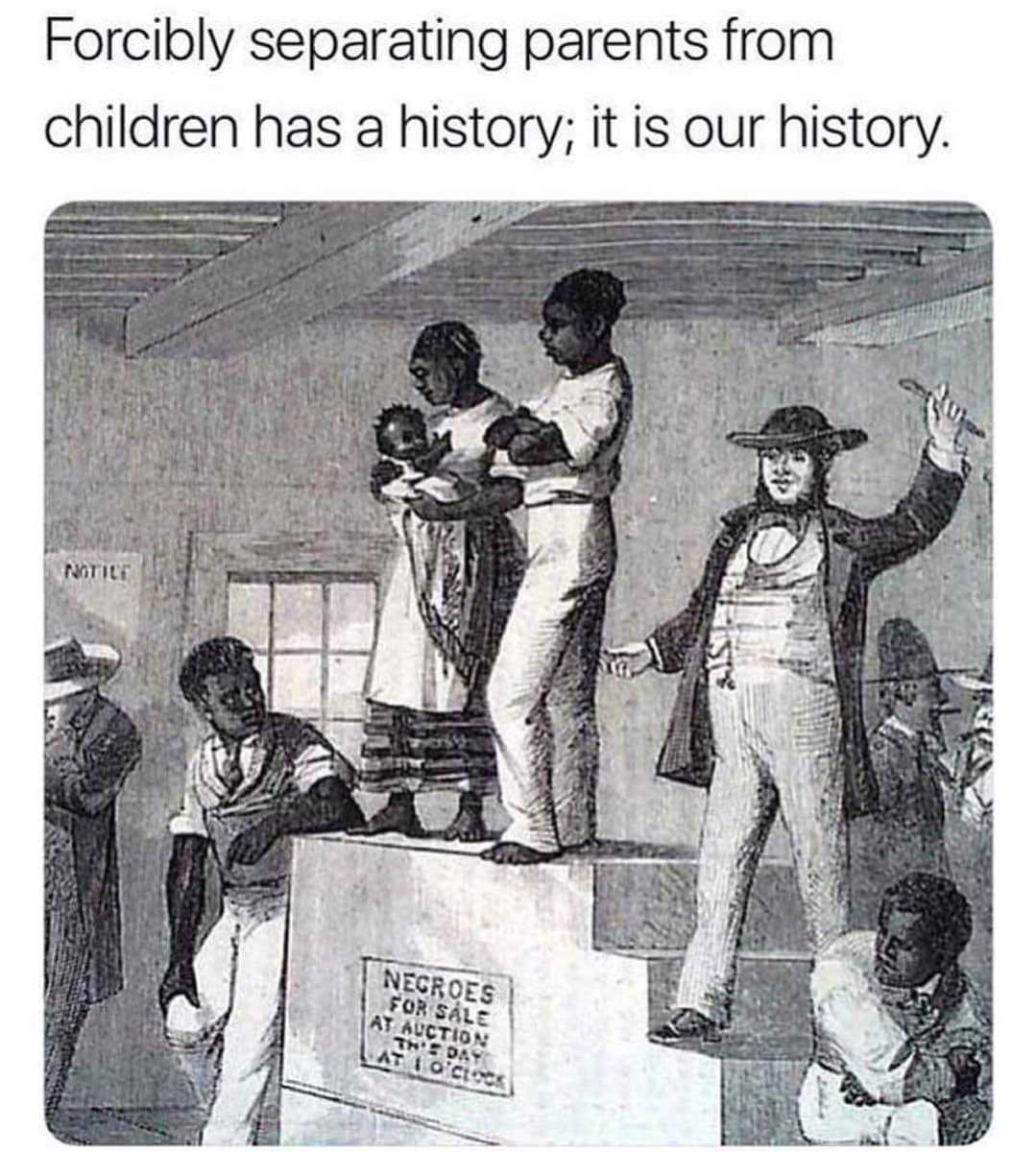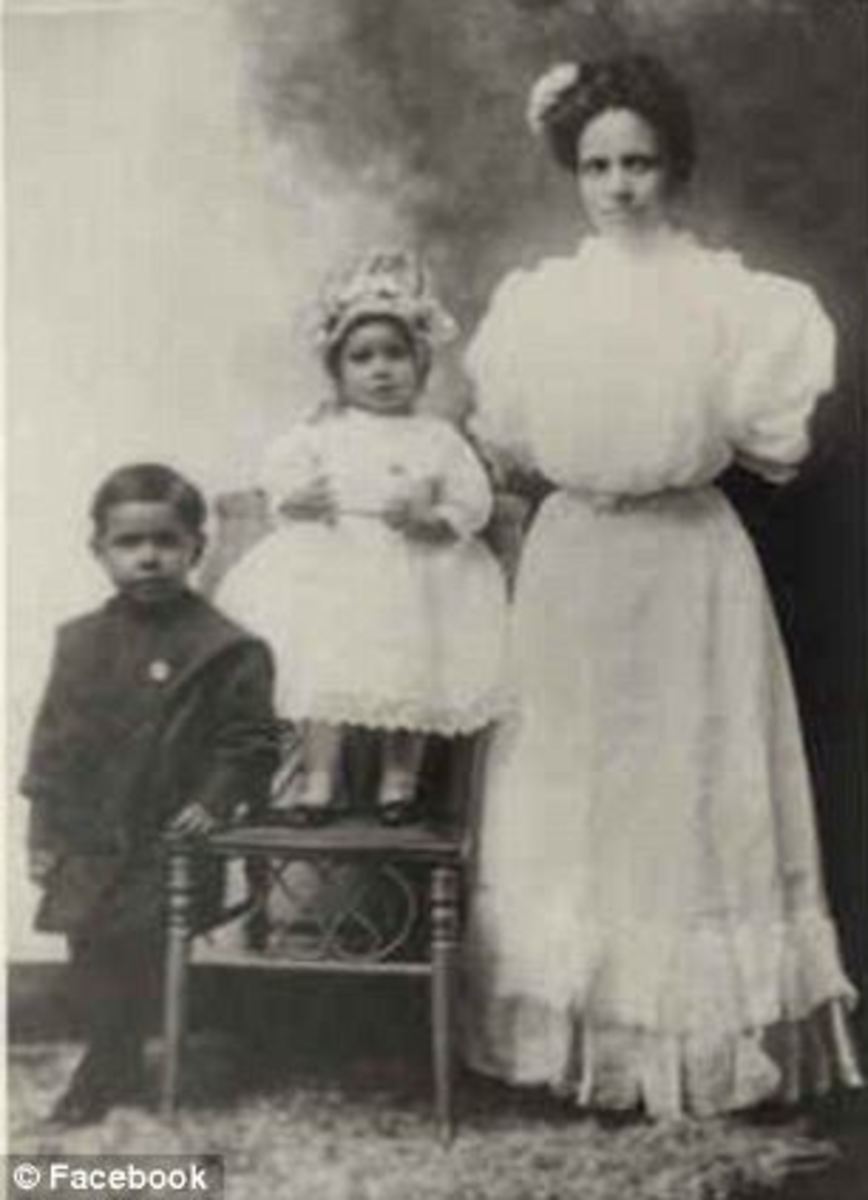Pretty Little Girls
by Mikhail Lyubansky
The current national debate on immigration reminds me of a story Alex Haley tells in the epilogue to The Autobiography of Malcolm X. In the story, Haley is standing with Malcolm at the airport when a group of children dressed in their traditional clothing get off a plane from Europe. "Pretty little children,' observes Malcolm X, “Soon they're going to learn their first English word: Nigger."
Forty years later, Malcolm X's observation still rings true. To be sure, multiculturalism has gained widespread acceptance and overt racism is no longer publicly tolerated by mainstream society. However, racial inequities continue to exist in every meaningful quality-of-life indicator, including life expectancy (Centers for Disease Control, 2005), and immigrants are confronted with institutional racism and the corresponding racial hierarchy from the moment they first set foot on U.S. soil.
In this contemporary racial Zeitgeist, many White immigrants, like their non-immigrant White counterparts, deny both the existence of institutional racism and their own personal racial biases. In their defense, they cite their staunch color-blindness (or support of affirmative action), their diverse social circle (usually consisting of members of different immigrant groups), their own minority-group status and victimization, and their unfailing good intentions. They don't want to be racist, they say, and so, in their own eyes, they're not. And yet, despite these good intentions, White immigrants are not insulated from learning racism, just as immigrants of color are not immune from experiencing it (see Roediger's 1999; 2005 for a sociological treatise on this phenomenon). “Nigger” may not be the first word immigrants learn today, but, in my opinion, negotiating the U.S. racial hierarchy remains one of the primary and most salient experiences for most immigrants, Black and White. As evidence, I offer my own immigration story.
*******
After a few years in the new country (my family emigrated from the former Soviet Union when I was 6 years old), my parents were able to accumulate the resources to move from Chicago, where I was starting to fall in with a “bad” (read “non-White”) peer group, to Skokie, a near suburb that at the time consisted mainly of Jews, other Whites, and a handful of Asian immigrants. Despite my own Jewishness, the move proved difficult for me. Moving to Skokie may have provided me with the opportunity to be a part of a bright, academically motivated peer group, but my accent, clothes, and lack of familiarity with U.S. cultural norms made me conspicuously different and therefore an easy target for bullying. I coped with the marginalization as best I could and gravitated toward others in similar circumstances - the Asian immigrants. At that time (in the 1980s), there was little in the school curriculum about the history of racial oppression (slavery was glossed over, the civil rights movement was not covered at all). Likewise, there was no discussion of contemporary racial inequities or the influence of group membership on personal identity and attitudes. Left to my own devices, I interpreted the racial reality I was experiencing (e.g., Blacks were less likely to be in honors classes and more likely to be shown on the news as being involved in criminal activity) as the product of some deficit in the underachieving group (Ryan, 1976).
That my friends (with the exception of one friend in high school, they consisted entirely of Asian immigrants) were all high academic achievers only reinforced this mindset: If immigrants could succeed, everyone else should be able to. By my junior year of high school, I was so well socialized into the racial mainstream and its “just world” and “colorblind” ideologies that, when a local American Indian pointed out that our high school (then the Niles West Indians) was disrespectful, I enthusiastically volunteered to write an editorial for the school paper defending the practice, despite what I can now see as blatantly offensive characterizations, such as the “Savage of the Week” award given to the school's top football player each week. I wasn't using the word “nigger,” but in a relatively short time, I had internalized the U.S. racial hierarchy and all its privileges. As a White person, even as one who had personally experienced marginalization, I had the privilege to attribute group inequities to personal/group deficits. In addition, I had the privilege to not only be unaware of even the most blatant forms of racism but to ignore the voices of people of color when they labeled and criticized the practice.
Unfortunately, my early racial socialization was not unusual. Along with several colleagues, I recently completed a book about the Russian-Jewish diaspora (Ben-Rafael et al., in press). As part of the project, we interviewed prominent individuals (e.g., editor-in-chief of one of Chicago's Russian-language newspapers, Rabbi of a Russian-speaking congregation) about a variety of different aspects relating to the Russian-speaking Jewish community, including race relations and group prejudice. The respondents reacted with discomfort and avoidance to this part of the interview, and even as an “insider,” it was difficult to engage them in a conversation that focused on anything other than their own group's victimization. This avoidance is itself diagnostic (why avoid a topic unless it is associated with guilt, shame, or some other negative experience?) Yet, even from the few brief comments, it was evident that, like me, our cultural informants had also internalized the racial hierarchy and saw themselves as superior (culturally, if not genetically) to African Americans and other people of color.
In time, I was able to re-educate myself about the realities of race and unlearn at least some of the prejudices I had unwittingly picked up. While this part of my personal journey is beyond the scope of this hub, it is worth noting that my racial re-socialization mostly took place in the context of relationships with people of color, as well as other White immigrants and U.S. born individuals who were further along the journey than I was. In this context, as in most, relationships matter.








